In Sri Lanka, an island nation south of India, an anti-government demonstration by the people has toppled the government. Large-scale anti-government demonstrations had been going on for several months in the country, demanding the resignation of President Rajapaksa.
On July 9, in the face of the president’s refusal to resign in the face of intensifying protests, a large crowd of demonstrators finally broke through police water trucks and blocking lines to storm and occupy the president’s official residence. The president had been evacuated beforehand. The anger also reached the prime minister, and the private residence of Prime Minister Wickramasinghe was set ablaze, but the prime minister was also evacuated and is reportedly safe.
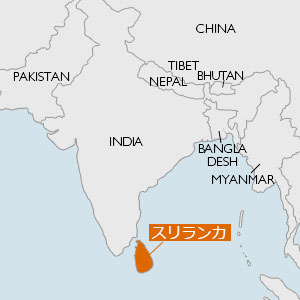
In response, the political parties in Congress also recommended that the President resign, and President Rajapaksa finally announced his resignation. Prior to this, Prime Minister Wickramasinghe also announced his resignation on the same day. Following the resignations of the President and the Prime Minister, the capital city of Colombo was filled with a festive mood, including the display of fireworks.
The country’s tourism industry was reportedly hit hard by the Corona crisis, and the Ukrainian crisis following the invasion of Russia caused fuel costs to skyrocket, leading to an economic recession. The government, which had been relying on imports, declared the nation’s finances “bankrupt” as it was, and within a short period of time, the people’s livelihoods were wrung out. The ban on the use of fertilizers devastated agriculture, and severe shortages of daily necessities, gasoline and other fuels, and medical supplies also developed. The demonstrations are intended to hold the people responsible for this hardship in their lives.
Sri Lanka has been ruled by brothers Mahinda Rajapaksa (President to Prime Minister) and Gotabaya Rajapaksa (Defense Minister to President) since 2009. Mahinda, who handed over the presidency to his younger brother Gotabaya, was the real supreme power, but resigned as prime minister at the beginning of July, taking responsibility for economic mismanagement. His successor, Wickramasinghe, resigned along with the president, although he took a stance of relying on the IMF against Rajapaksa and others who tried to rely on Chinese economic support.
Anti-government demonstrations have been peaceful in the past, but now protesters are expressing their anger at the Rajapaksa clan.
Bloomberg reports that the IMF delegation has stated that it will continue discussions with Sri Lanka’s finance ministry and central bank after Prime Minister Wickramasinghe’s resignation. The future is not clear.

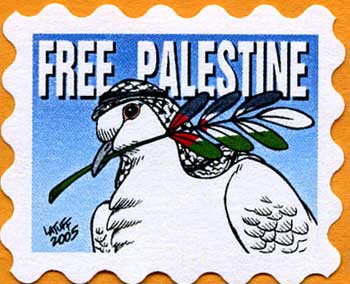

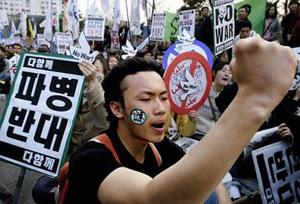
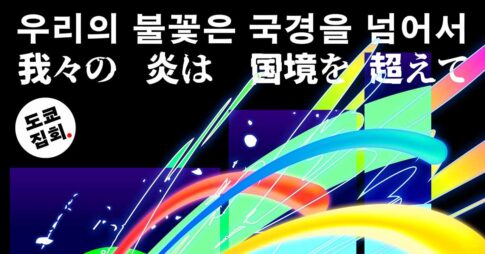

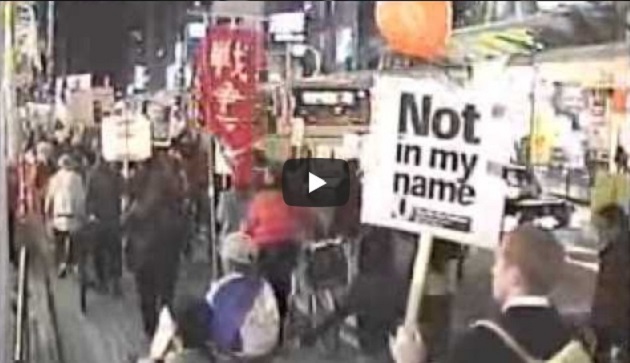

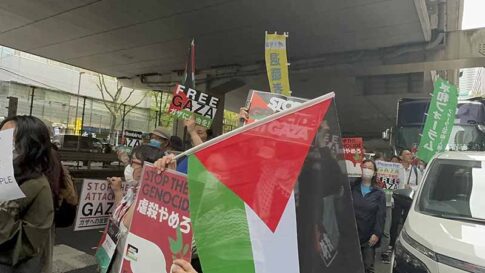

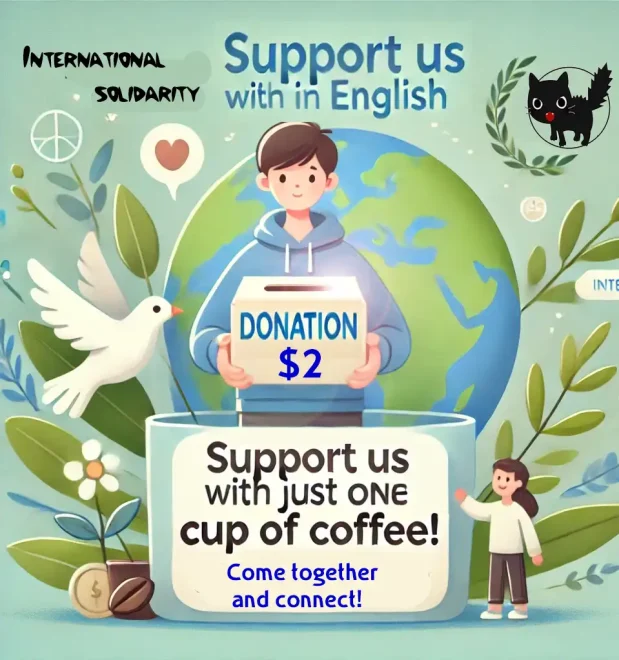 Donations are made in Japanese yen. 300 yen is approximately 2 USD.
Donations are made in Japanese yen. 300 yen is approximately 2 USD.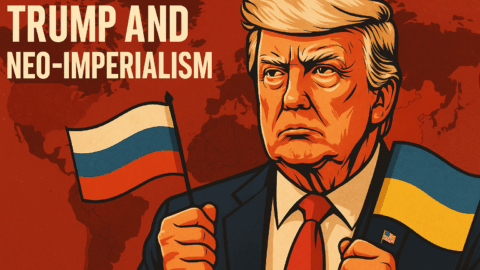
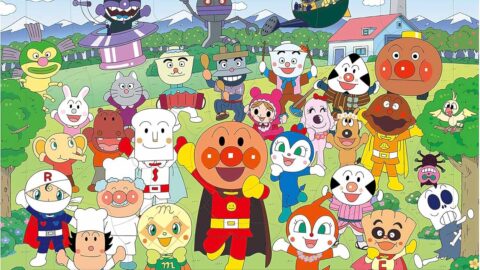
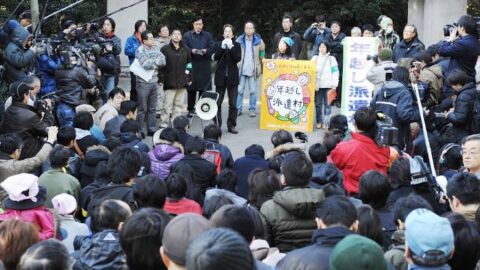
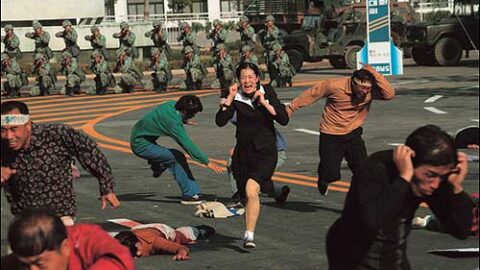
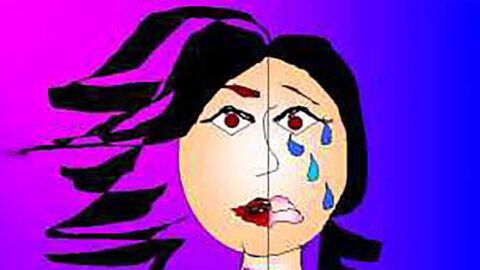
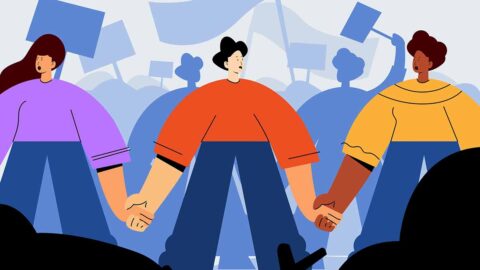
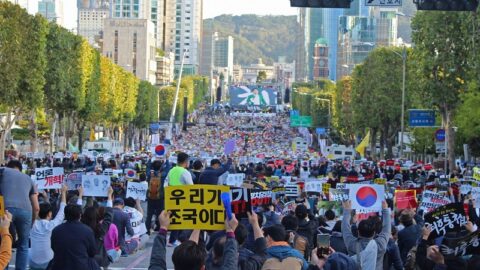
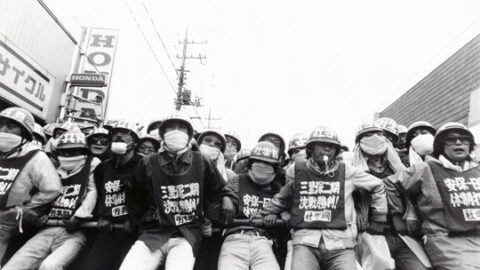
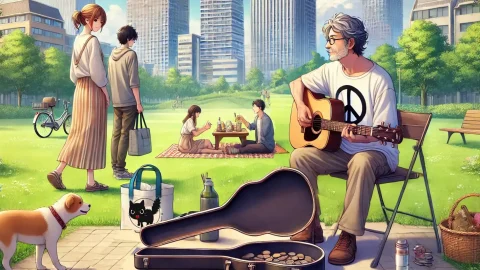
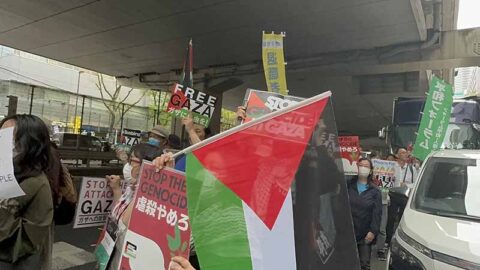
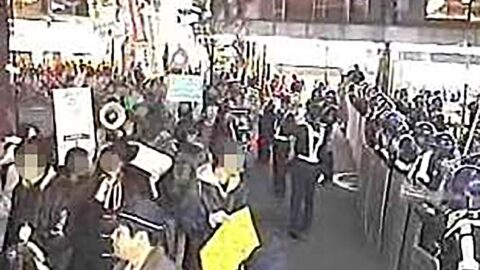


Leave a Reply